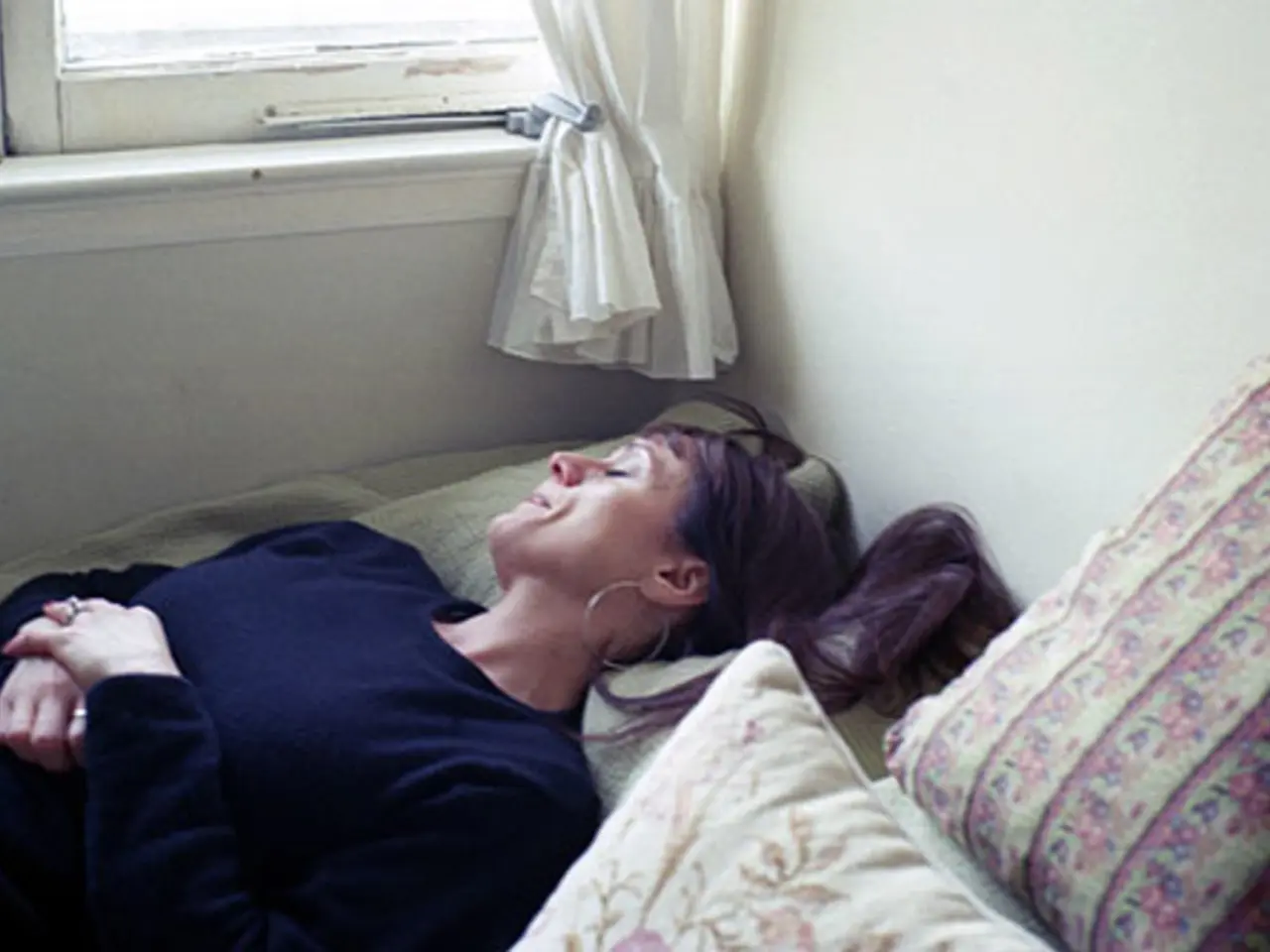The Question At Hand: Dysania Explained
Dysania, a term that refers to the state of finding it difficult to get out of bed in the morning, can be a common issue for many individuals. This condition, while not classified as a medical disorder, is associated with various conditions such as sleep disorders, mental health issues, and lifestyle factors.
Recognizing the symptoms of dysania is essential for understanding its effects on daily life. Persistent fatigue, difficulty waking up, low motivation, sleep disturbances, and emotional distress are some of the symptoms that one might experience. Understanding the causes of dysania is crucial for addressing it effectively. Common factors include sleep disorders, mental health issues, chronic fatigue syndrome, poor sleep hygiene, and lifestyle factors.
One way to improve sleep quality and help wake up feeling refreshed in the morning is by limiting screen time before bedtime. Natural light exposure in the morning can signal to the body that it's time to wake up and be alert. Establishing a regular sleep schedule can also help regulate the body's internal clock and make it easier to rise in the morning.
A structured morning routine can provide motivation to get out of bed. Activities like stretching, enjoying a warm beverage, or listening to uplifting music can help kick-start the day on a positive note. Mindfulness and meditation can reduce stress and improve overall mental health, making it easier to wake up feeling refreshed.
Treatment options for dysania can vary based on the underlying causes identified during the diagnostic process. For instance, addressing sleep disorders, mental health issues, or lifestyle factors may be necessary. Short-term use of sleep aids may be recommended to help establish a regular sleep pattern. Cognitive Behavioral Therapy (CBT) can help address negative thought patterns and behaviors related to sleep and motivation.
Medication may be prescribed to manage symptoms of dysania linked to specific conditions, such as depression or anxiety. Acupuncture may also help alleviate symptoms of fatigue and improve sleep quality. Seeking professional help, such as consulting a healthcare professional, is essential to tailor a treatment plan for dysania based on individual circumstances and underlying causes.
In conclusion, understanding dysania and its symptoms is the first step towards addressing it. Recognizing the need for a structured morning routine, addressing underlying mental health issues, and seeking professional help are key to overcoming this condition and waking up feeling refreshed and ready to start the day.








